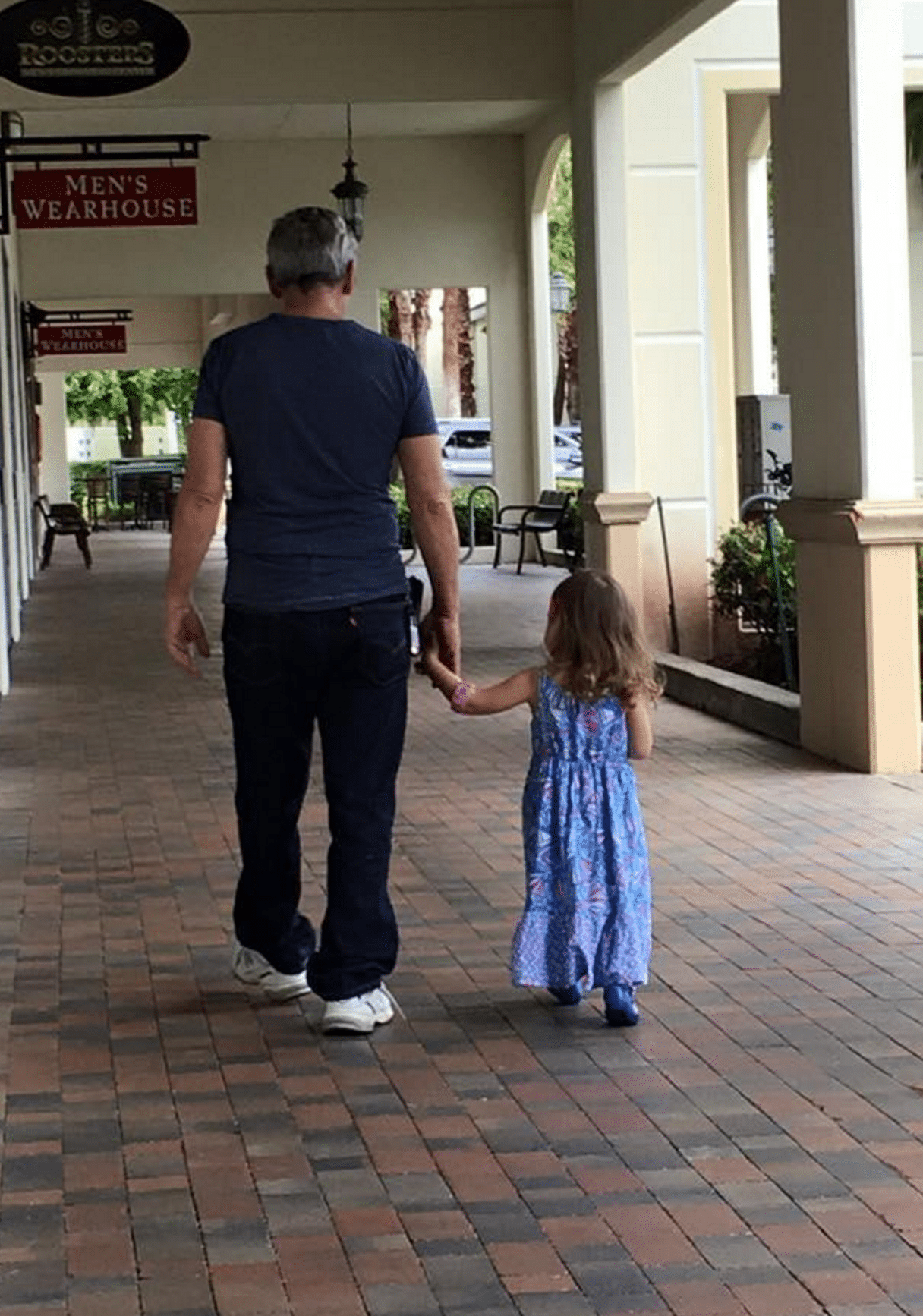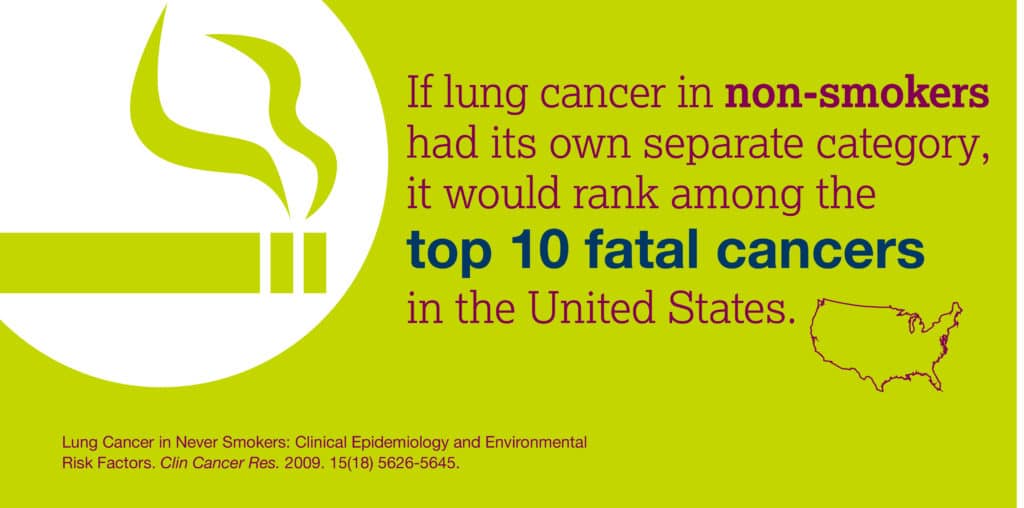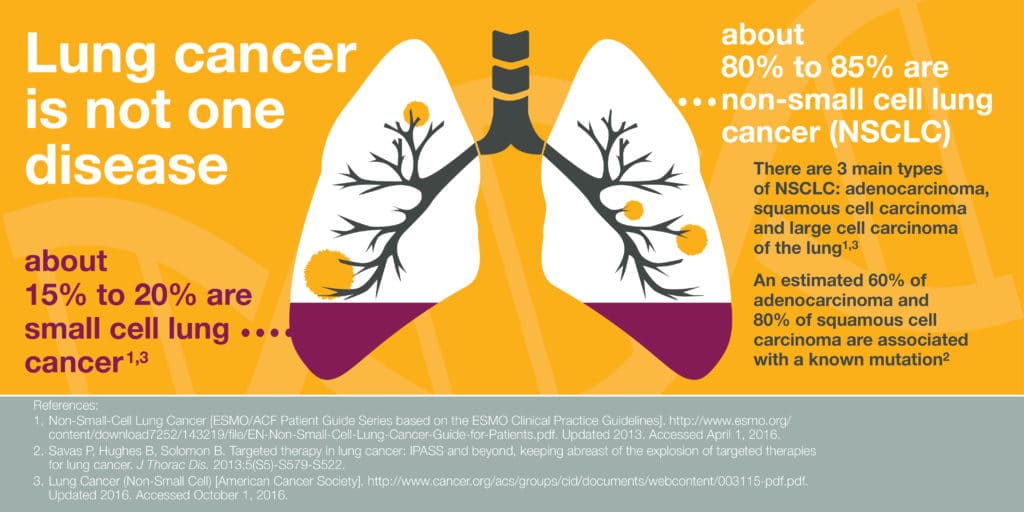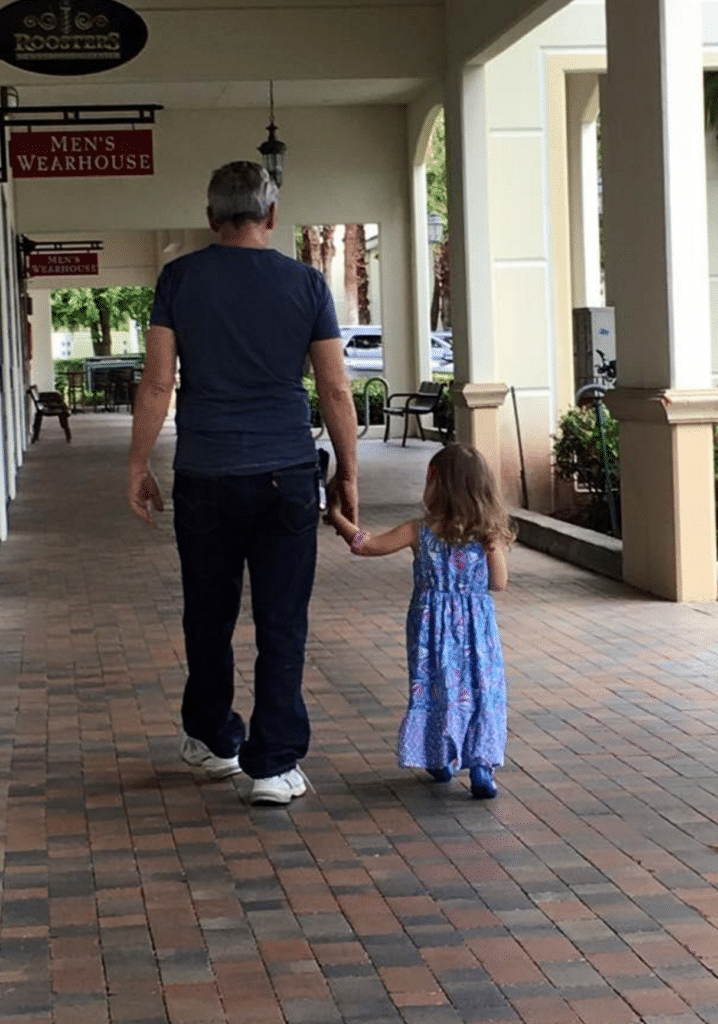I have received information and materials from AstraZeneca. The opinions stated are my own. This is a sponsored post.
Did you know that November was Lung Cancer Awareness Month? But it is important to continue the awareness into the rest of year for this devastating disease. Did you also know that Lung cancer is the leading cancer killer of both men and women in the United States, causing more deaths each year than colon, breast, and prostate cancers combined? Yet, awareness of this fact is extremely low (I had no clue until recently), and, as you can imagine, lung cancer is lacking the resources, support, and public empathy that many other diseases have. Did you know that if lung cancer in nonsmokers had its own separate category, it would rank among the top 10 fatal cancers in the US?
Lung Cancer Awareness Month initially began as Lung Cancer Awareness Day in 1995, but has since grown into a month-long program to teach the world about lung cancer. It’s important for people to speak out during Lung Cancer Awareness Month and in every month of the year to fight the stigma about the diagnosis, raise awareness of new testing and treatment options, and show support for the thousands of patients who are fighting the disease. When lung cancer patients and those who care for them publicly share their stories and experiences, they help to put a human face on what this disease looks like. It also inspires others living with lung cancer to speak up and advocate for themselves.
Also, lung cancer patients deserve to know that there are more hope and treatment options than ever before. Each case of lung cancer is different as there are sub-types of lung cancer that are treated differently. It is important for those diagnosed with lung cancer to be tested for specific biomarkers and learn what kind of treatment options are available to them.
We’ve had far too many run-ins with cancer in my family. My Dad had cancer at a very young age. It is something that I barely understood and did not empathize with as a young teenager. I think that if there had been more communication, I would have been more understanding. In truth, I was pretty angry.
Luckily, I was able to grow to empathize as I got older and pushed passed my teenage years. His sickness was unexpected for my family and me since he was only in his 30s when he was diagnosed. He was about the age I am now. I cannot even fathom looking back now.
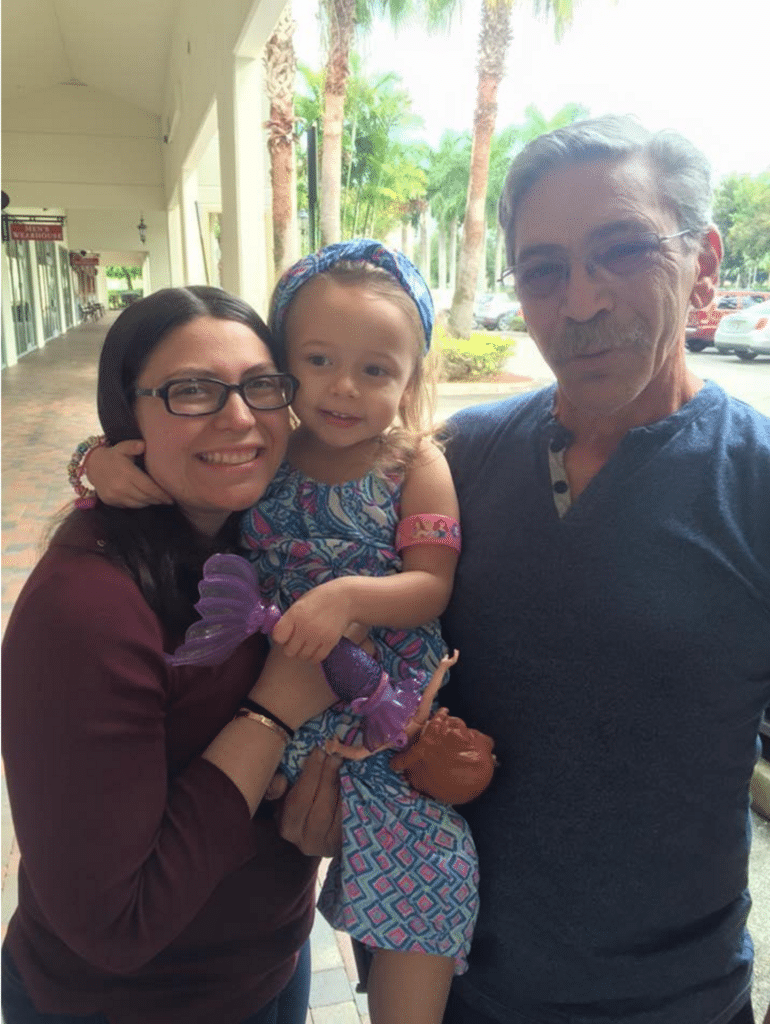
This empathy and open dialogue were possible because I was supported by the people and community around me. It helps to share your experience with cancer and specifically lung cancer so that others can feel more comfortable talking about it. Feel free to spread the message through social media using the hashtag #LCAM. Also, learn more about lung cancer through an active online community at lvng.com
